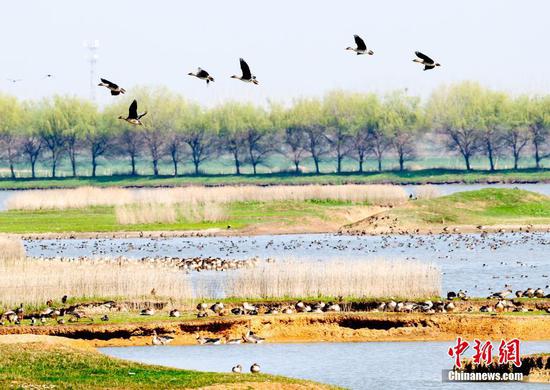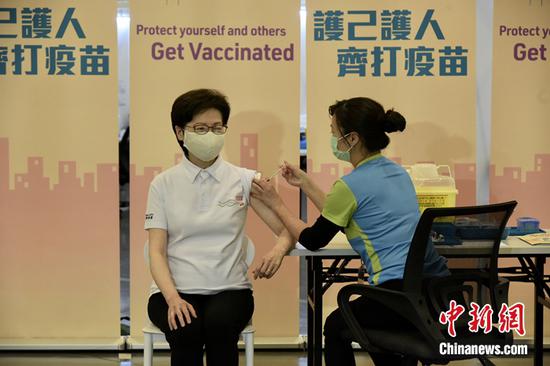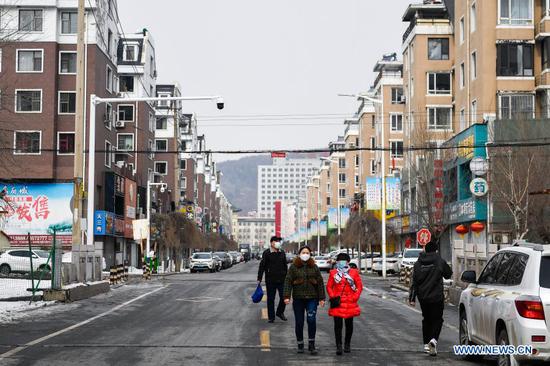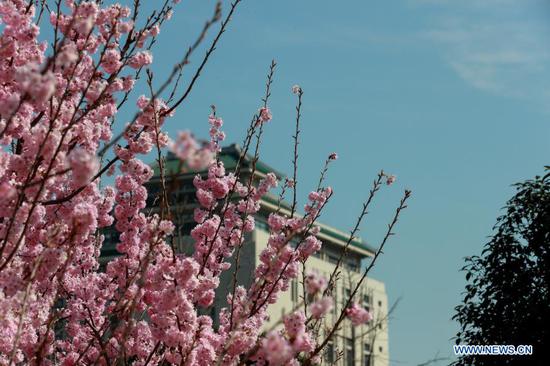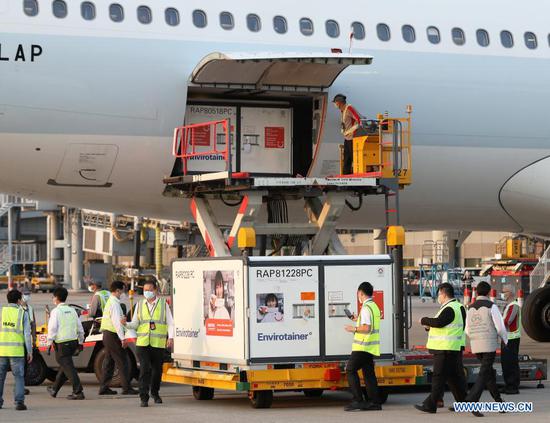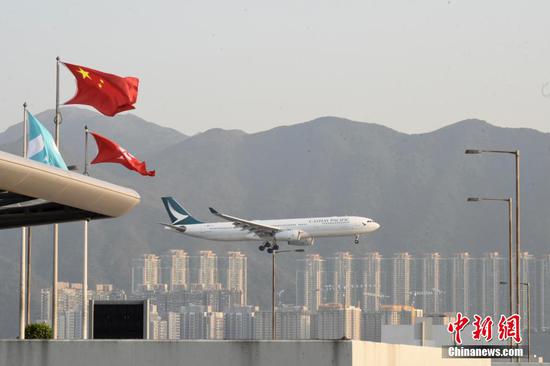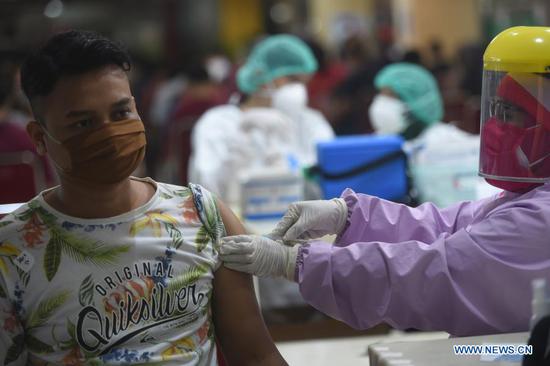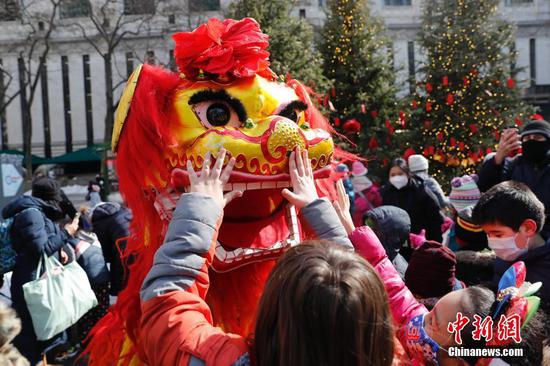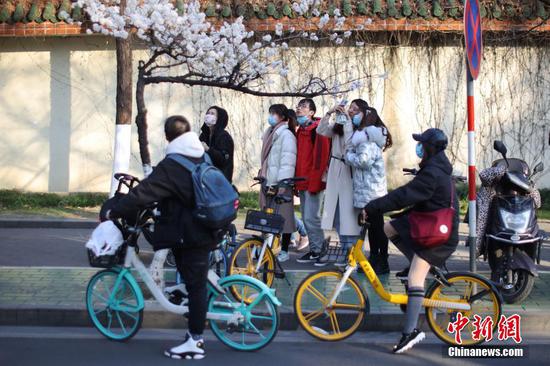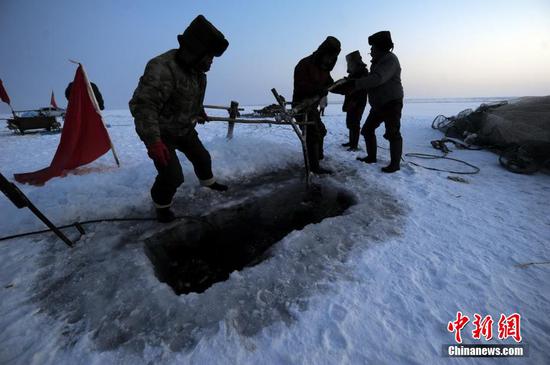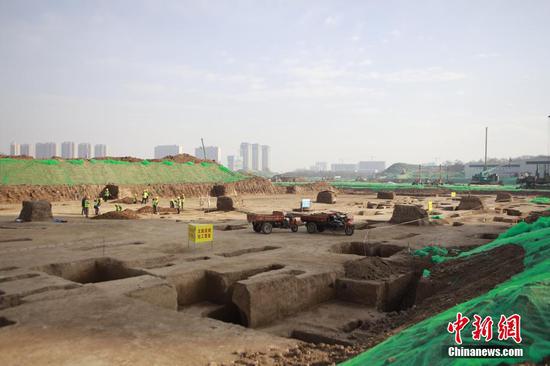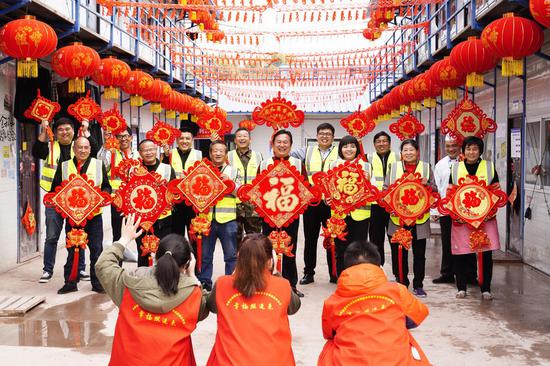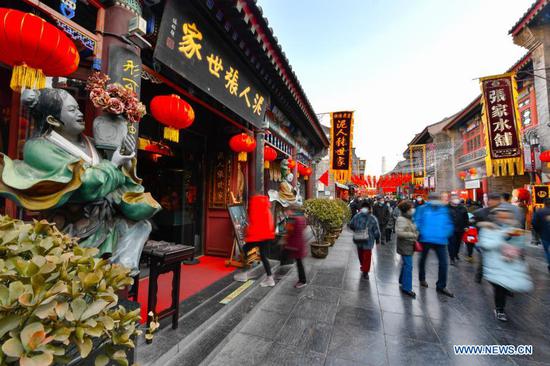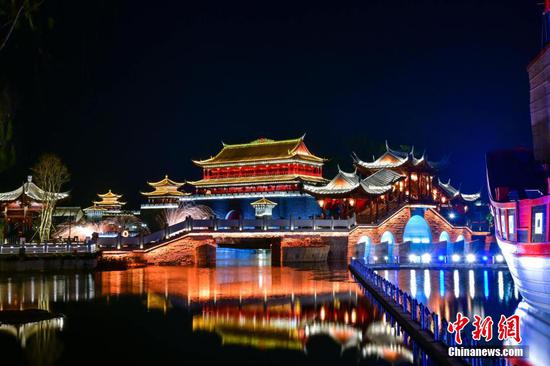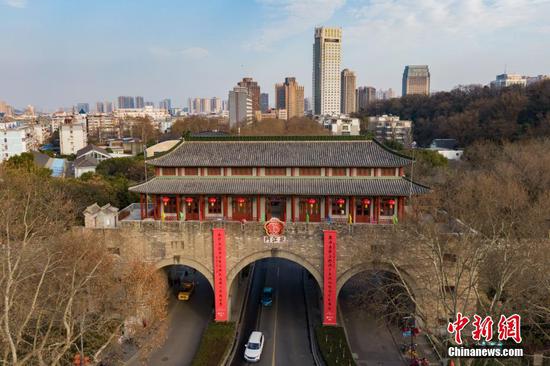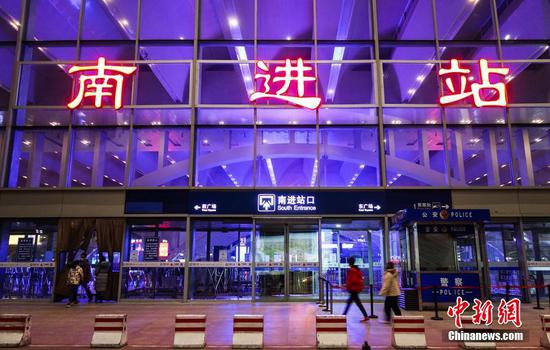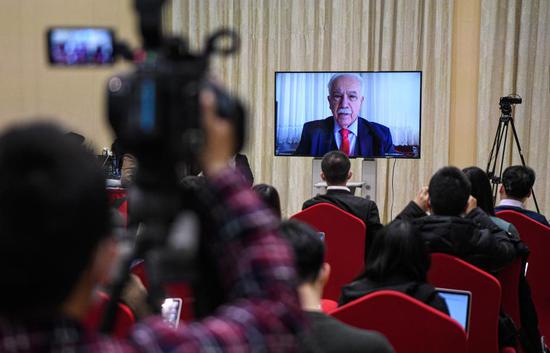
Dogu Perincek (on the screen), chairman of the Patriotic Party of Turkey, receives an online interview on the sidelines of an online briefing on the development of Xinjiang, Feb. 21, 2021. (Xinhua/Wang Fei)
DISMISSING RUMORS
Solly Mapaila, first deputy general secretary of South Africa Communist Party, has also been to Xinjiang and was amazed by the local living conditions and various improvements.
"All the lies that have been said about China, particularly about the region of Xinjiang, about elimination, are absolutely incorrect," Mapaila said, adding that the end of absolute poverty in Xinjiang shows the efforts of the government and the Communist Party of China (CPC) are "bearing fruit."
Official statistics showed that from 2010 to 2018, the Uygur population in Xinjiang rose from 10.17 million to 12.72 million, an increase of 25.04 percent.
The growth rate of the Uygur population was not only higher than that of Xinjiang's total population, which stood at 13.99 percent, but also higher than that of all ethnic minority groups at 22.14 percent, let alone the Han population's 2 percent in the region.
While dismissing rumors about Xinjiang, many foreign attendees voiced support and appreciation for policies that helped maintain Xinjiang's stability and development.
Kawa Mahmoud, secretary of the Central Committee of the Kurdistan Communist Party/Iraq, said Xinjiang's fight against terrorism and extremism is worth learning from as the region has posted steady growth while reporting no terrorist attacks in more than four years.
Xinjiang's anti-terrorism and anti-extremism efforts are built on the protection of freedom of religious belief and powered by pro-development measures, he noted.
Sergey Sanakoev, president of the Asia-Pacific Region Research Center in Russia, attributed the sound social, economic and cultural developments in Xinjiang to socialism with Chinese characteristics, which puts the people's well-being first.









